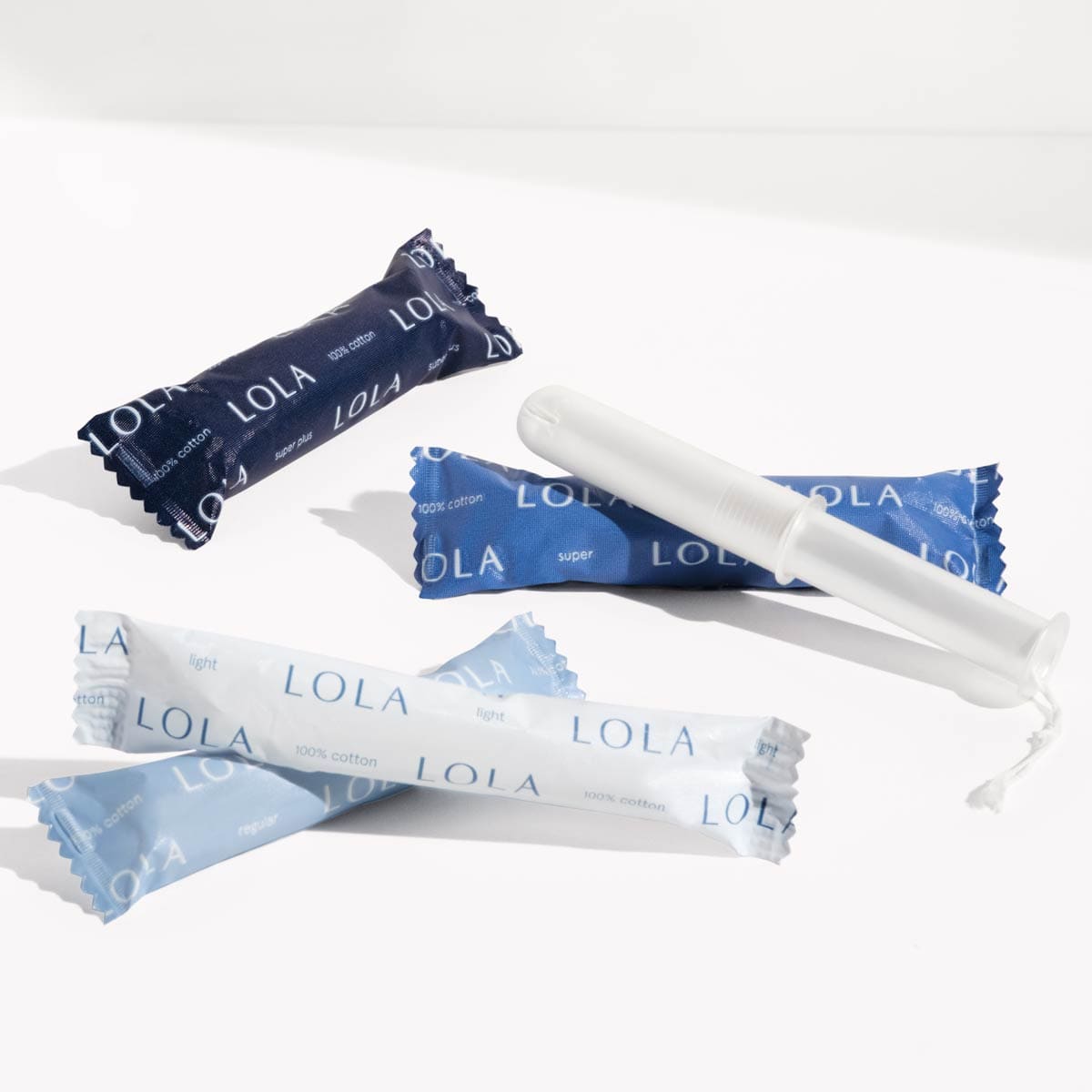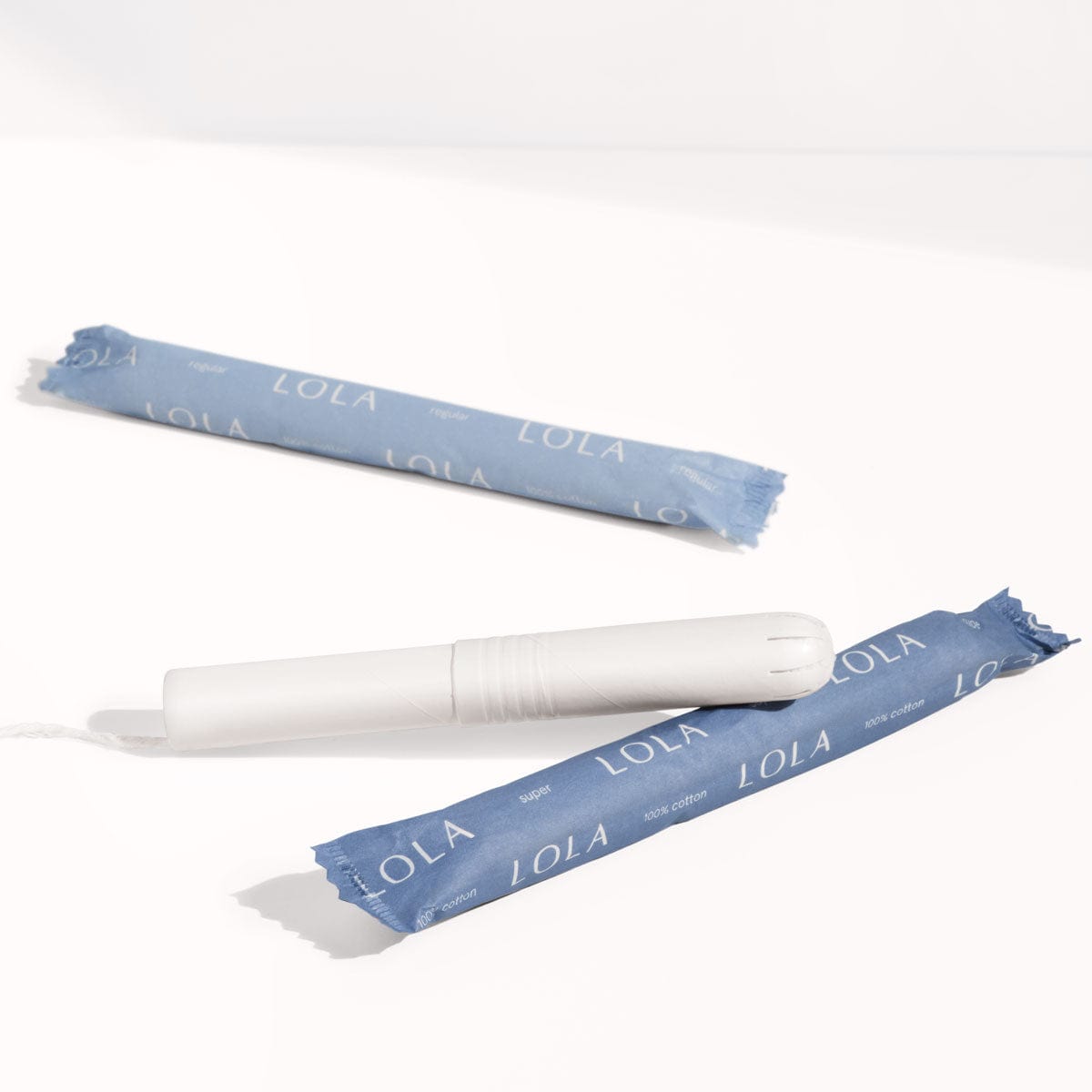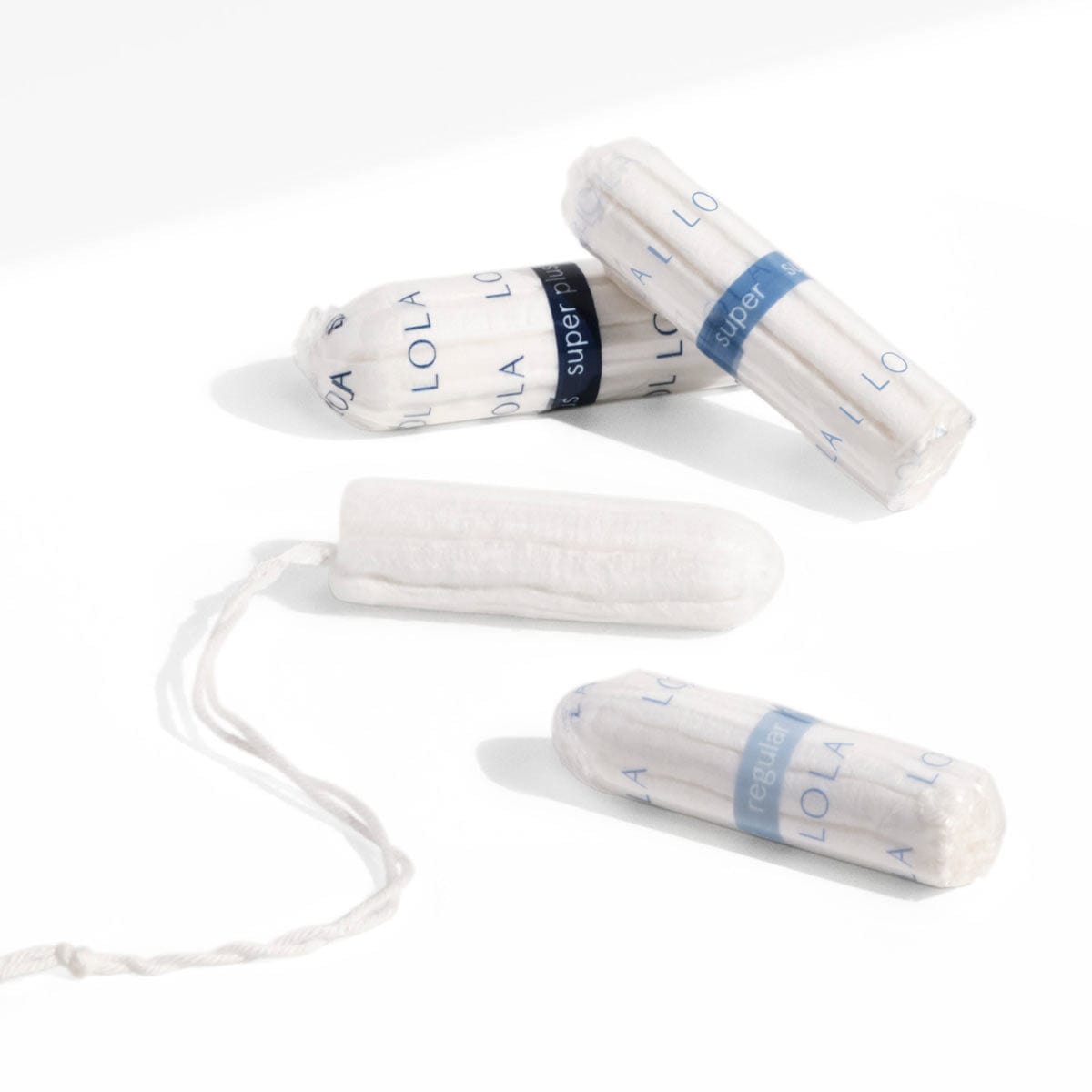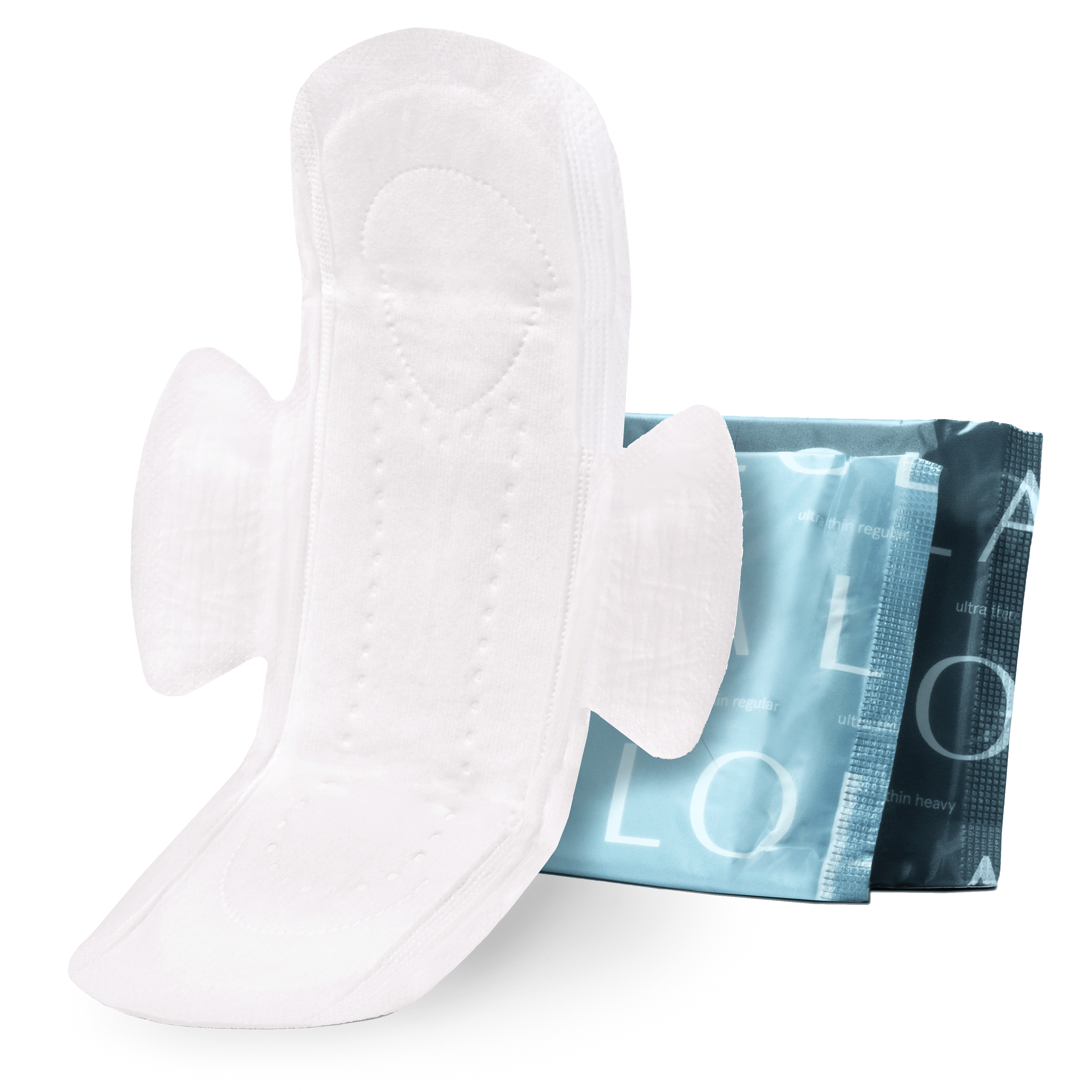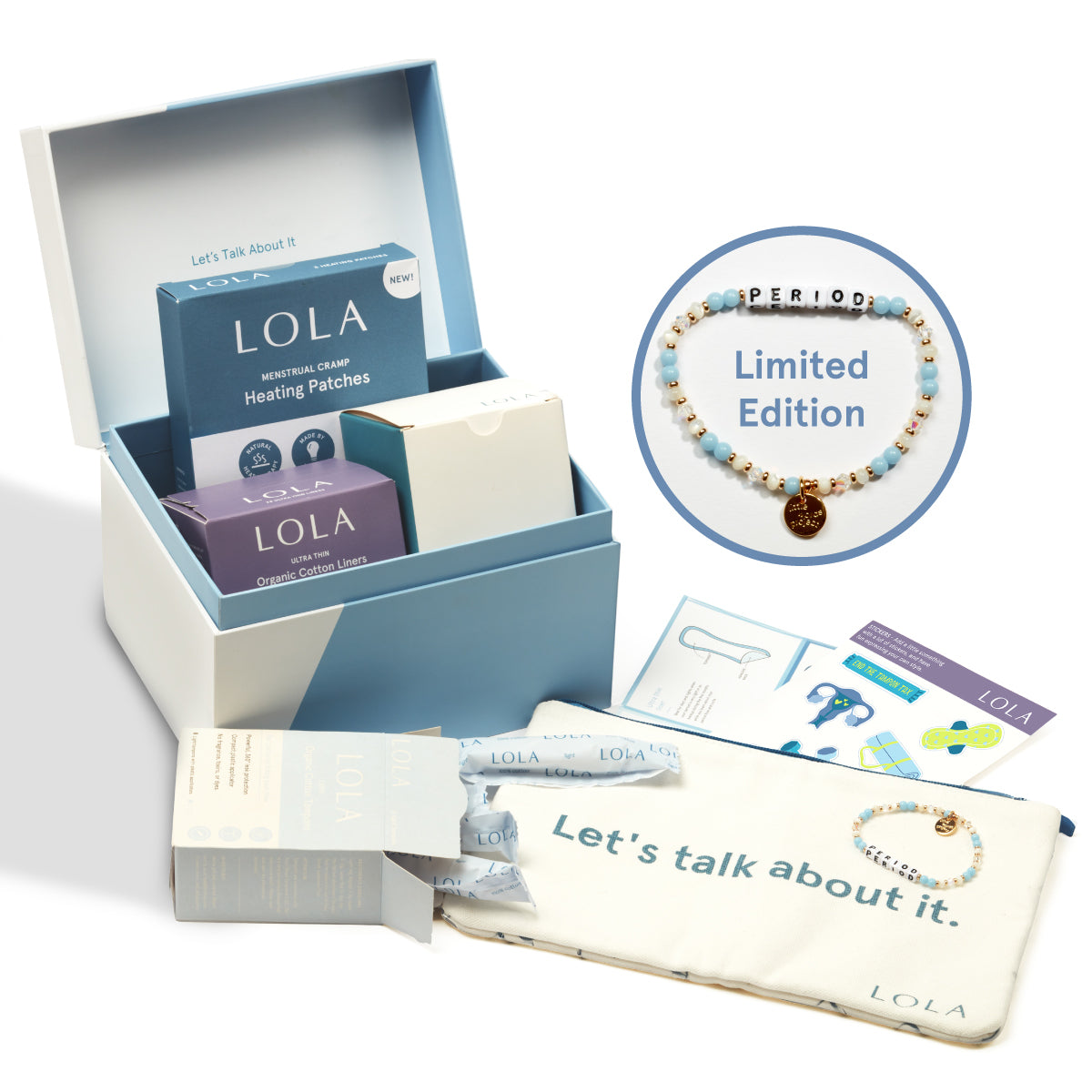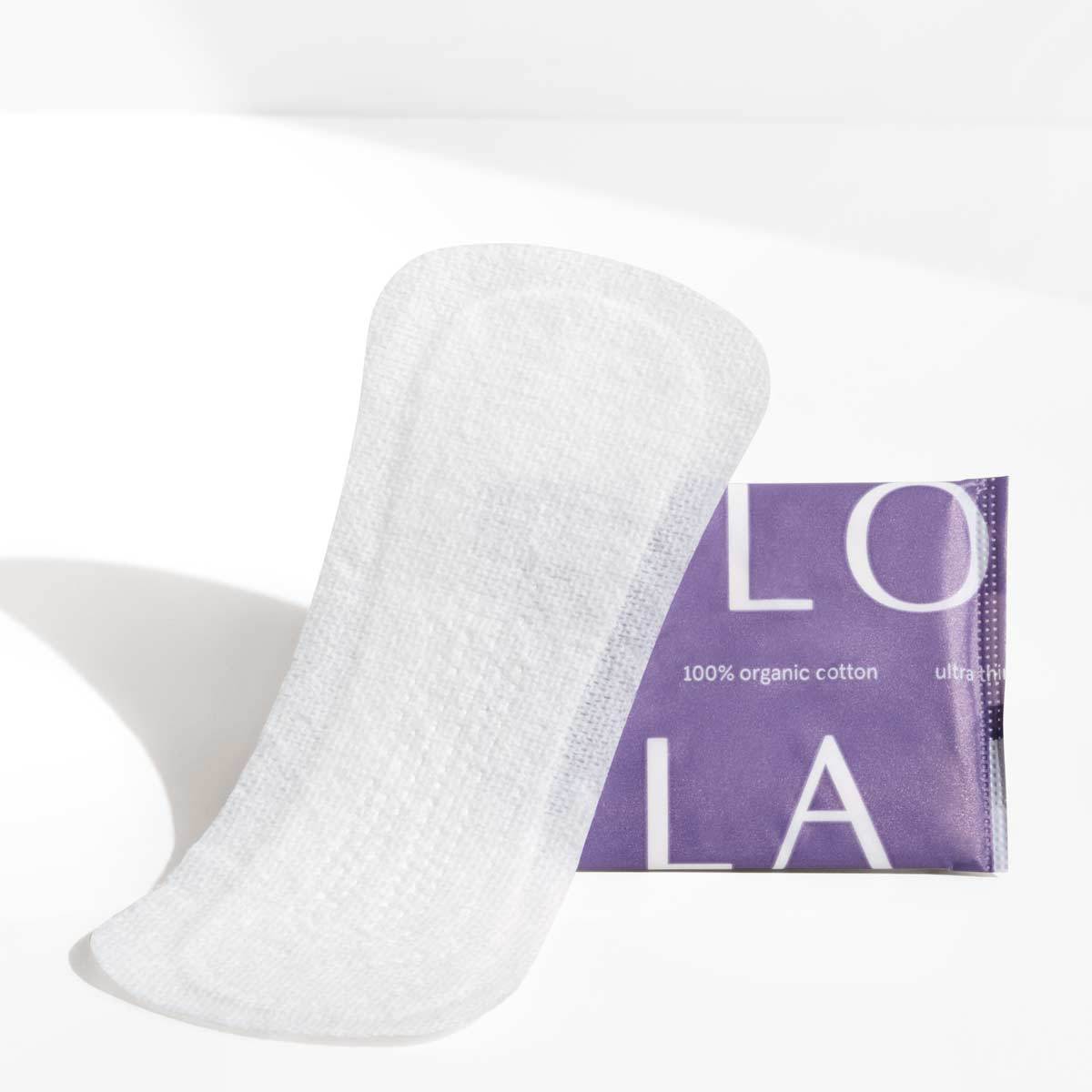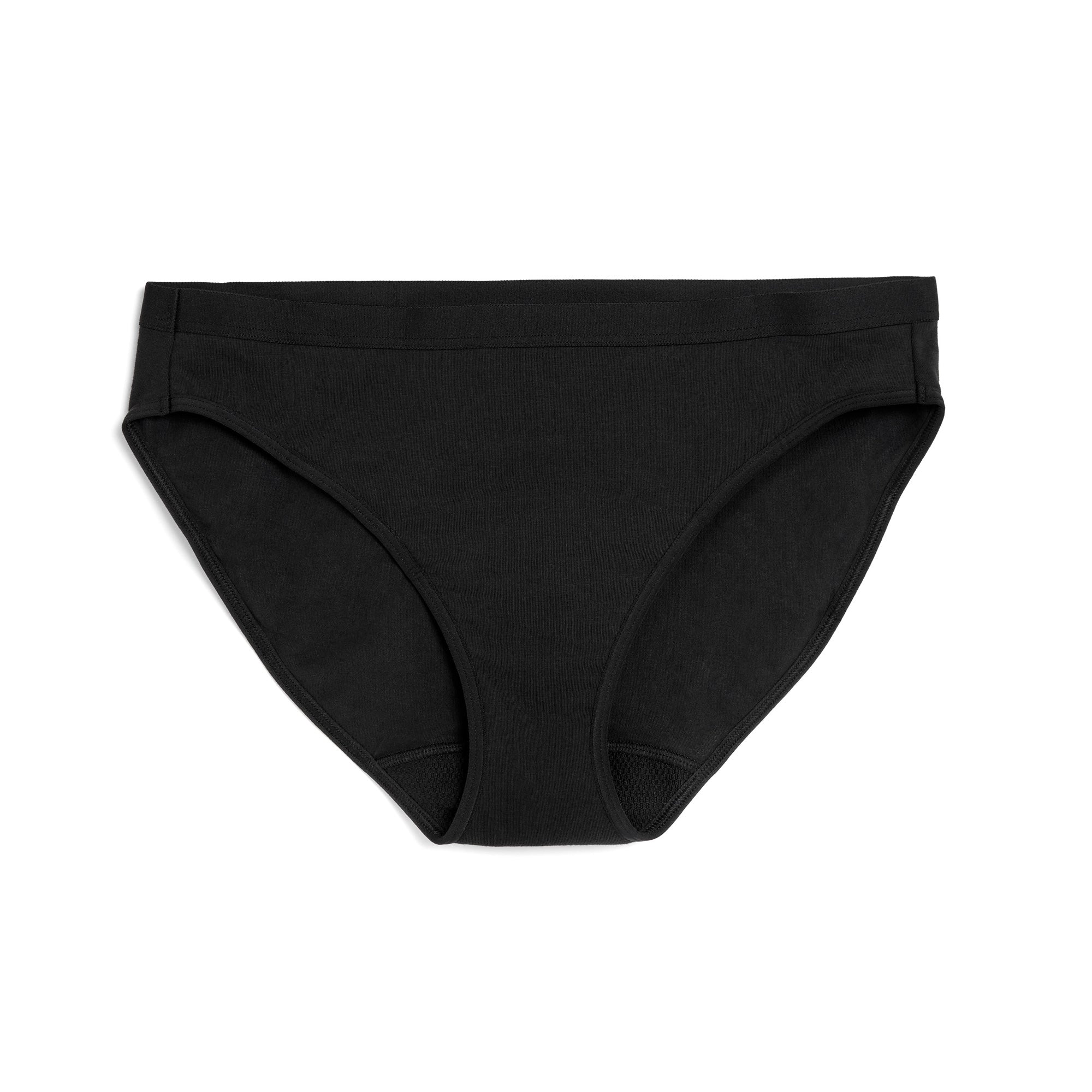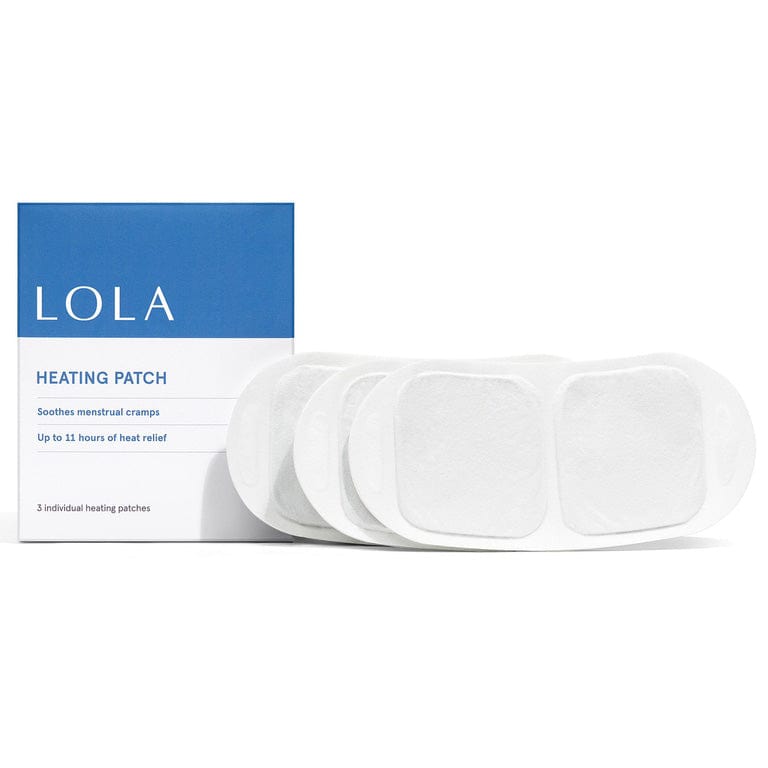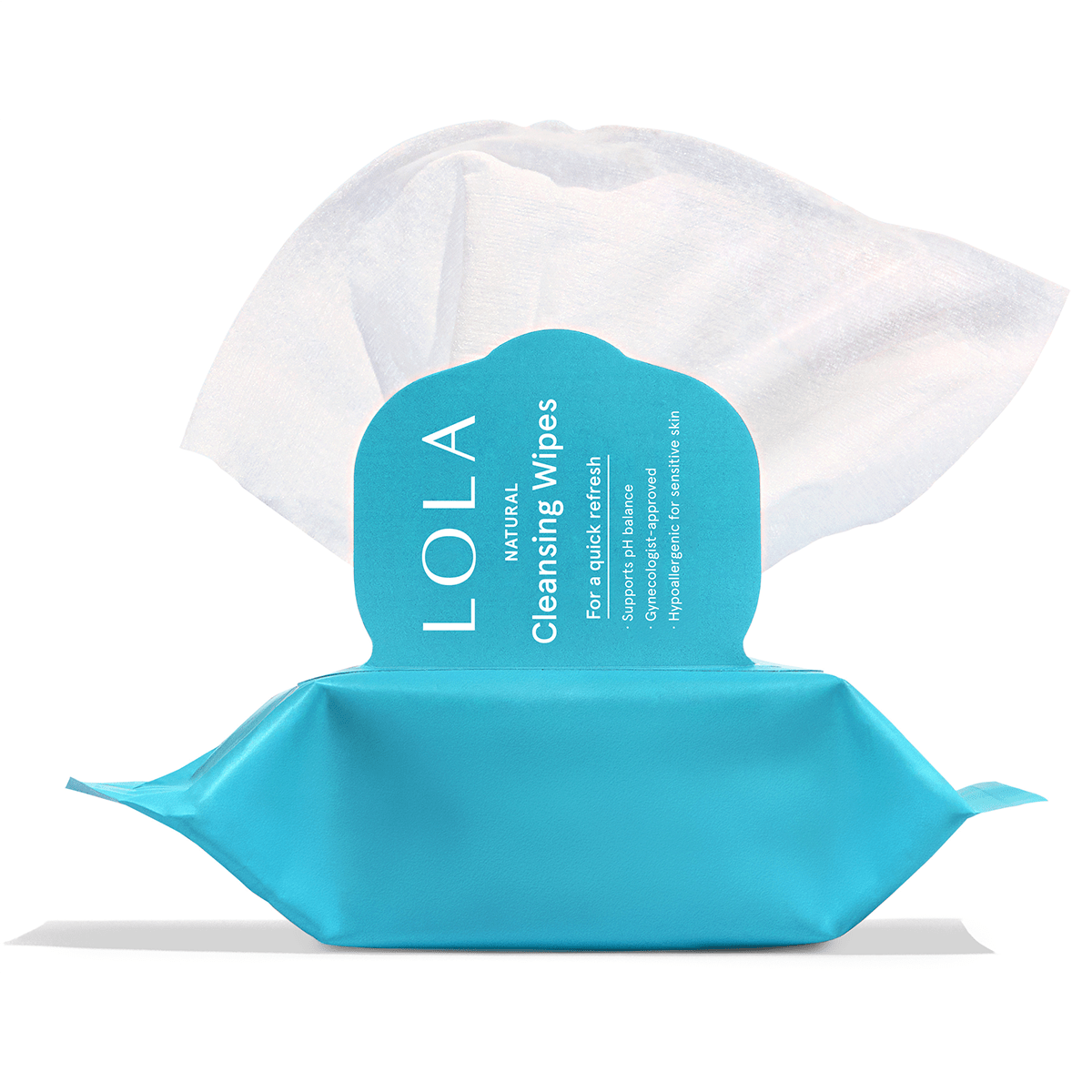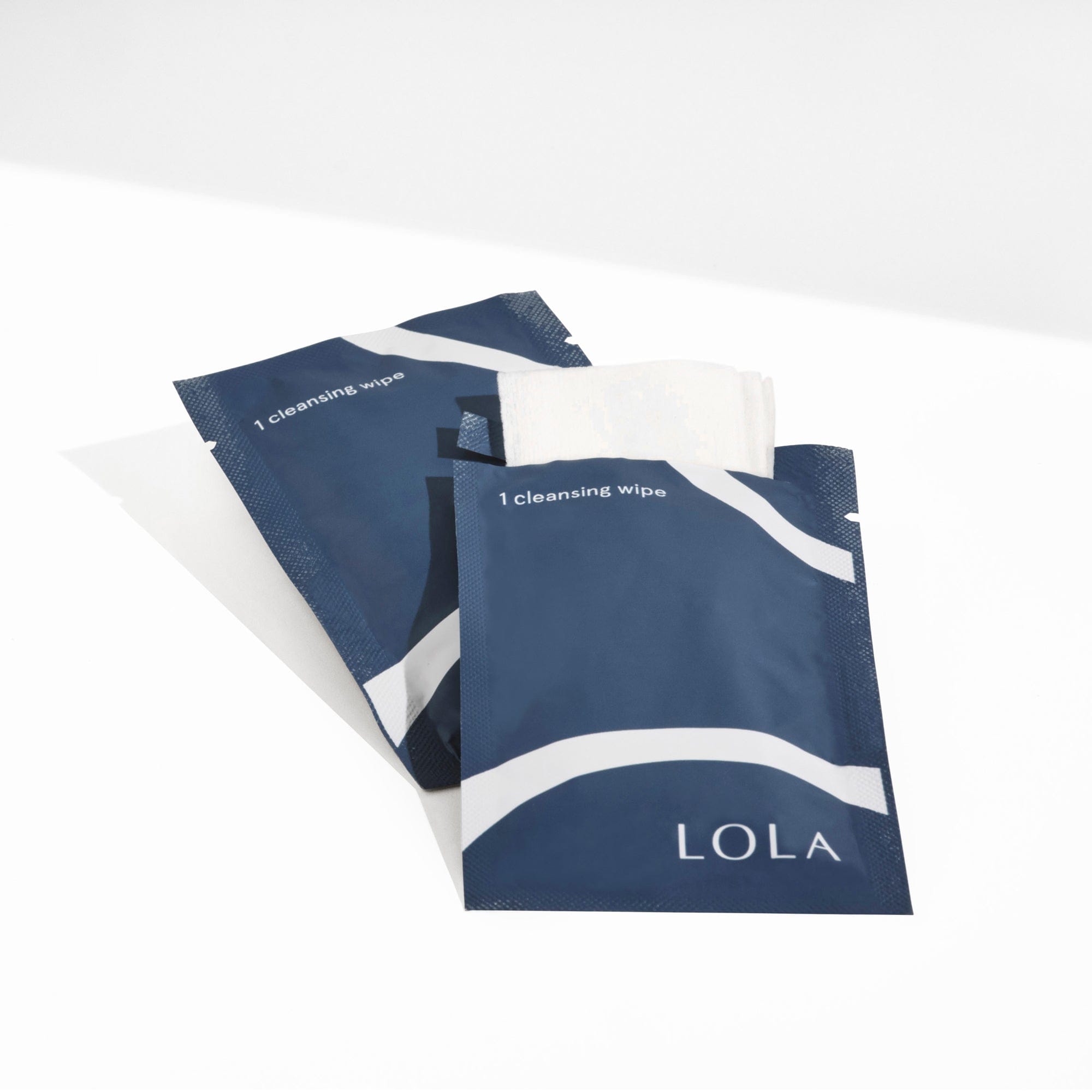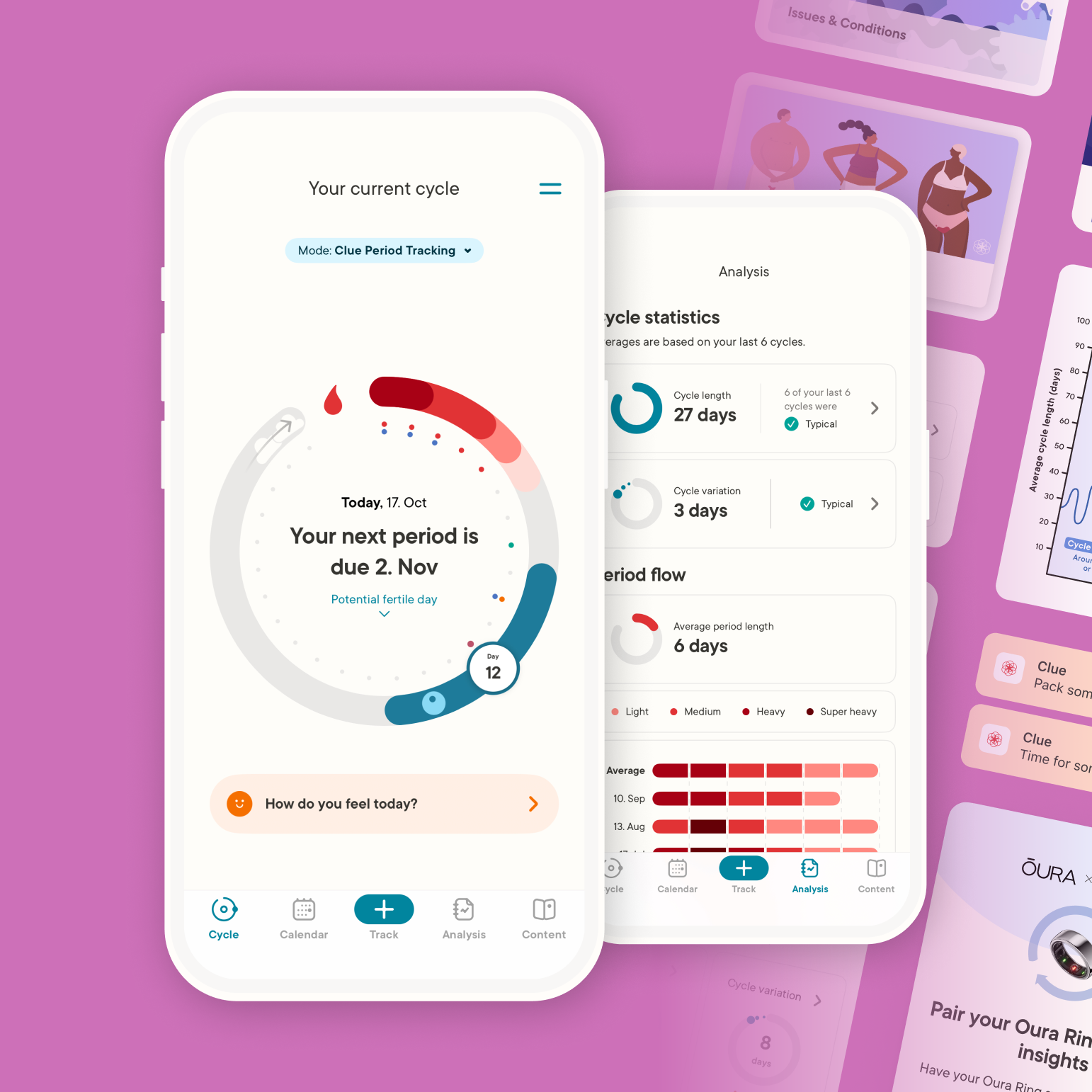One of the silver linings of pregnancy is avoiding your period. Of course, pregnancy comes with its own set of concerns. Stretch marks? Check! Cravings? Check! Plus that whole “getting a human out of your body” thing. After birth, you'll bleed for a few weeks as the uterus shrinks to pre-pregnancy size. But what happens after that?
Most people want to know two things about what happens post-baby: when is my period coming back, and what is it going to be like? To answer these questions, we consulted Randee Masciola, a women's health nurse practitioner, doctor of nursing practice, and professor at The Ohio State University College of Nursing.
When To Expect My First Period After Giving Birth?
The short answer is that it depends and can happen anytime between 6 and 12 weeks after giving birth. When your period comes back after giving birth is often highly dependent on one thing: whether or not you're breastfeeding. According to Dr. Masciola, "If you're not breastfeeding, most women (about 80 percent) will get their menses eight to 10 weeks after delivery. Some can be as early as 28 days."
But some women who are breastfeeding can expect to go longer without a period, especially if they're exclusively breastfeeding (meaning they're not supplementing their baby's diet with any formula, donor breast milk, or food). Most women who are exclusively breastfeeding can expect to be period-free for at least six months. In some cases, your period might not return until your baby is weaned. But everyone's body is different. “Some breastfeeding moms will return to menstruation quickly, while others can wait up to a year or longer.”

What To Expect From My First Postpartum Period?
Your first period after giving birth may differ from what you’ve been used to. Here’s what to expect and how to handle it.
Postpartum Bleeding
Once you give birth, your body goes through quite a few changes. And, even though you won’t get your first postpartum period for a while, you’ll find yourself bleeding immediately after giving birth. This postpartum bleeding is known as lochia (and is not to be confused with menstrual bleeding) and is just your body expelling all the excess uterine tissue, blood, and mucus from its pregnancy. You’ll experience heavy bleeding for the first few days with blood clots before it tapers off into a brownish discharge.
When your period finally does make its return (after your lochia has subsided), it may look and feel unfamiliar. Periods after birth are often quite different from the periods you had before you conceived, Masciola says. "For about a third of women, menses stay the same, about a third have heavier and crampier menses, and about a third have milder cramps and bleeding." It’s also not uncommon for you to see small blood clots the very first time. But if they’re bigger than the size of a plum, contact your doctor immediately.
Remember, too, that you might need to change your regular menstrual products after birth. You may find that certain cotton tampons are irritating or that you need to invest in some heavy-duty cotton pads. If you're a menstrual cup user, you may have to switch sizes of cup (most menstrual cup manufacturers have two sizes: one for people who have not given birth and one for people who have). This is true even if you had a cesarean.
Lastly, if your period doesn't return in a few months after giving birth, and you didn't breastfeed or have since stopped, it's worth checking in with your healthcare provider. Hormonal testing and other troubleshooting can help diagnose any potential issues, especially if you want to get pregnant again.
Irregular Periods
Postpartum periods can also often take awhile to become regular again, as your hormones self-regulate over time and work on producing your menstrual cycle hormones again. You might have very long or very short cycles, or go a few months without having a period at all. Just know that it can take up to a year for your periods to go back to normal after giving birth.

If you’re breastfeeding, you’ll notice that your postpartum periods are more irregular than not because the milk-producing hormone interferes with your menstrual cycle. If you were already experiencing irregular periods before getting pregnant, they’ll follow you into your postpartum period as well (unless you treat the underlying cause). Postpartum thyroiditis, a thyroid condition that affects about five to ten percent of women, can also interfere with your menstrual cycle.
Postpartum Period Cramps
It's also not uncommon for that first postpartum period to be quite heavy, with more pain and cramping than you were used to. Known as postpartum cramps or afterpains, these are due to your uterus returning or shrinking to its pre-pregnancy state—a process known as “uterine involution.” These cramps are different from your regular period pain and often feel like mild contractions. If you had a C-section, scarring due to the surgery can also cause periods that are heavier and more painful.
You don't have to suffer through your painful periods in silence, says Masciola: "If you're bleeding [through] more than a pad an hour, you need medical attention. The same is true if the pain is rated seven out of ten and not managed with over-the-counter medication." If you continue having very painful or heavy periods for several months, that's also worth a visit to your doctor, midwife, or nurse practitioner.
You Can Still Get Pregnant
Did you know that you can actually get pregnant as early as 3 weeks after giving birth? This holds true even if you’re breastfeeding and/ or haven’t had your first postpartum period yet. This is because you’ll still be ovulating. Even though the risk of this happening is very minimal (about 1-5%), you should still use contraceptives when engaging in any sexual activity postpartum to prevent getting pregnant right away.

What Causes the Lack of Periods While Breastfeeding?
Your lack of a period while breastfeeding is actually due to a temporary form of infertility called lactational amenorrhea (amenorrhea means "the absence of menstruation"), Masciola says. Prolactin, which is the hormone that’s responsible for producing your breast milk, inhibits the production of the hormones that trigger ovulation in your body. In simpler words, the frequent nursing of a baby signals to the body that there aren't enough bodily resources to get pregnant again, thus delaying the return of fertility.
In fact, exclusively breastfeeding can be "up to 98 percent as effective as contraception the first six months," says Masciola. But it's only effective for those six months, and if you restart menstruation at any time, the LAM method must be supplemented with another form of birth control.
Can You Use Tampons After Giving Birth?
Whether you had a normal vaginal delivery or a C-section, as a general rule of thumb, you should not use tampons for a minimum of 6 weeks after giving birth. This means they’re a no-go during the postpartum bleeding or lochia stage, or your first period postpartum.
This is because your vagina is still sensitive and sore (it did push an entire baby out, after all!), and likely also sports a few cuts in and around it. So, putting anything inside your vagina (such as tampons or menstrual cups) can irritate the tiny tears and sore skin, leading to discomfort. This is one of the main reasons that doctors ask you to wait before having sex post-baby. Moreover, the tampons can also introduce bacteria to your sensitive bits, which can ultimately lead to an infection.
So, don’t use tampons till you get the clearance from your doctor during your 6-week postnatal check-up.

In the meantime, use pads, panty liners, period underwear for your postpartum periods.
FAQs
Does your postpartum period affect your milk supply?
You may notice a slight decline in your milk supply in the 2-4 days before your postpartum period arrives, and also in the 1-2 days after your period is over, due to the hormonal changes that your menstrual cycle brings with it. Your breasts may also become more tender, which can affect your breastfeeding.
How long does your first postpartum period last?
Your first period after giving birth should typically last under 10 days, with 5-7 days being the typical length. If you don’t stop bleeding even after 10 days, or notice unusually large clots, contact your healthcare provider immediately.
How fertile are you after your first period postpartum?
Your first postpartum period doesn’t affect your fertility. If you don’t use any birth control, you can get pregnant after as little as 3 weeks post-birth.
Support your postpartum recovery with LOLA’s postpartum care products. Designed with care for new mothers. [Shop now]
